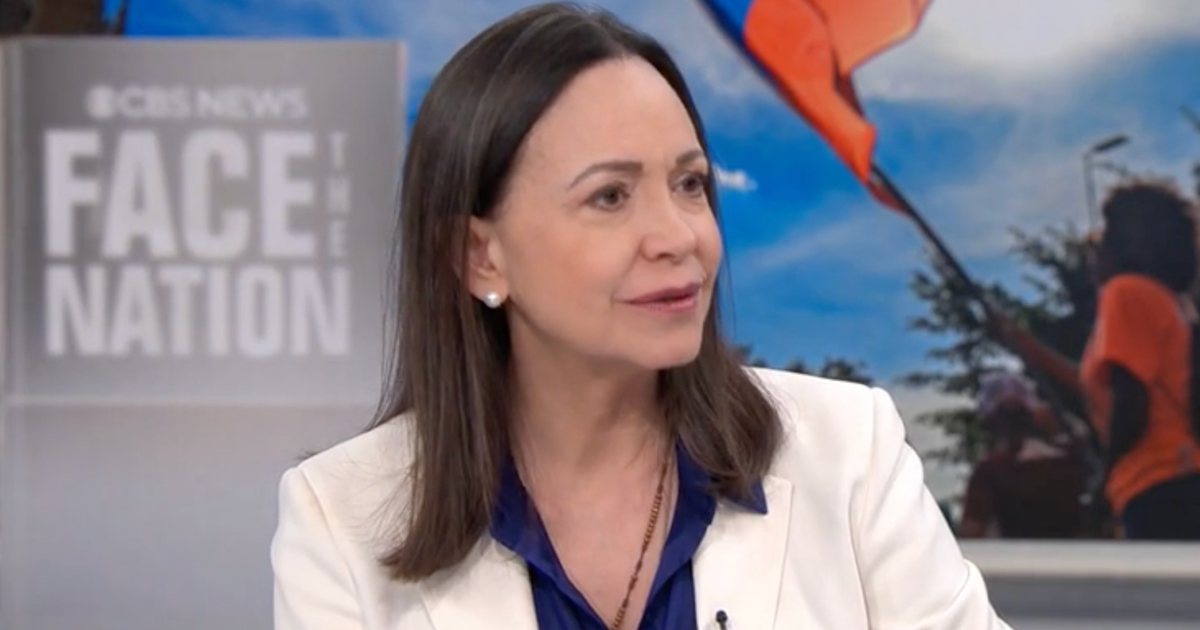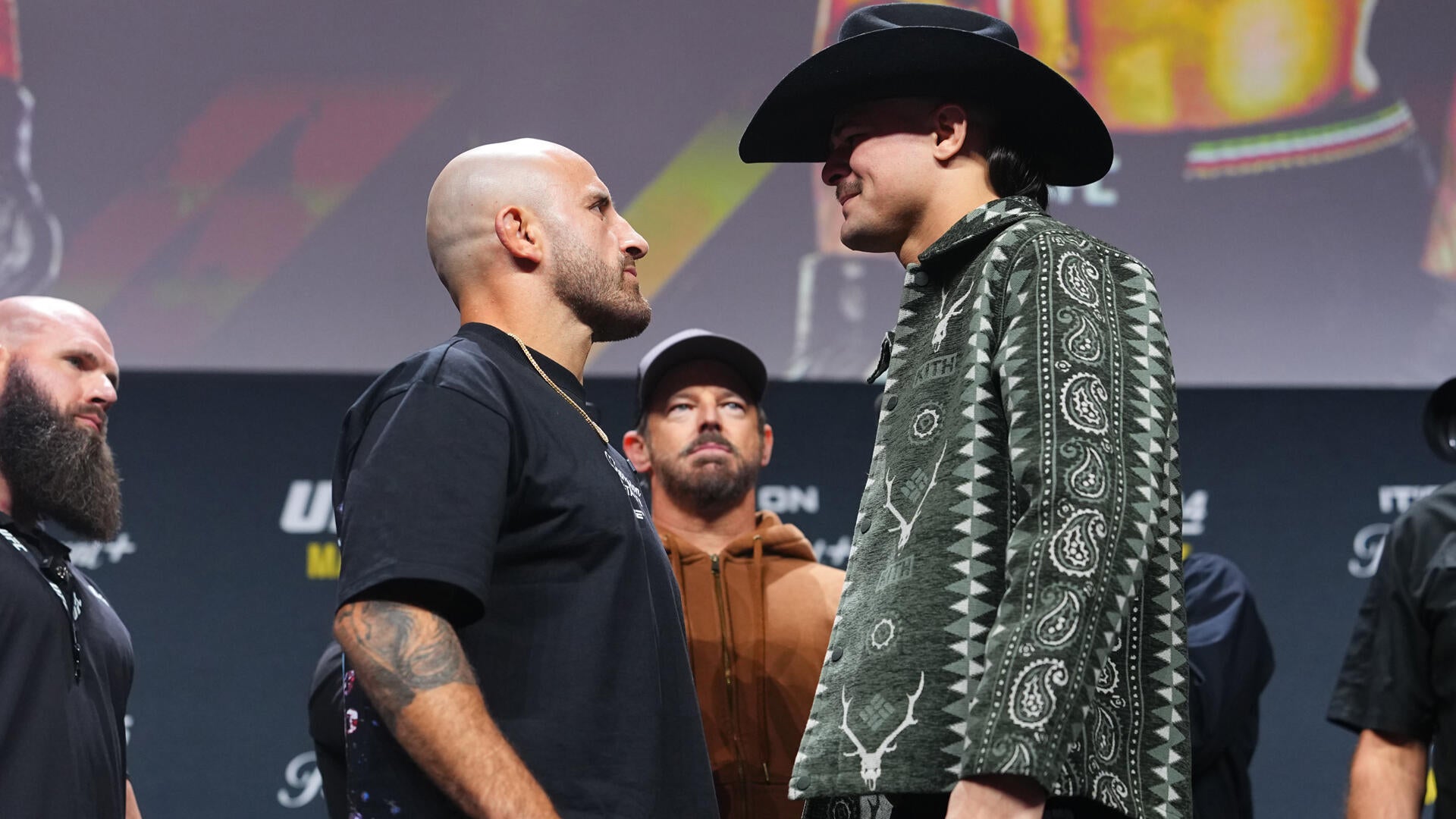
Jewel Thais-Williams, who turned her Los Angeles night club, Jewel’s Catch One, into a glittering sanctuary for the city’s Black L.G.B.T.Q. community, persevering through police raids, pushback from local bigots and a devastating fire, died on July 7. She was 86.
Her death, in a hospital, was confirmed by her friend Jasmyne Cannick, who organizes the annual South L.A. Pride celebration. She did not specify where Ms. Thais-Williams died or state the cause.
Ms. Thais-Williams opened Jewel’s Catch One in 1973 as an antidote to West Hollywood gay clubs that had denied entry to Black clientele or demanded that they provide multiple forms of identification, a discriminating practice that was common at the time. As her disco’s profile rose, it became a cornerstone of Black gay nightlife and joined the ranks of the country’s most revered clubs. By some accounts it made Ms. Thais-Williams the first Black lesbian to own a bar in the United States.
Everyone was welcome at The Catch, as it was known to locals. Revelers of all skin colors and sexualities, decked out in sequins, leather and even jockstraps, streamed in nightly. Megastars like Donna Summer, Sylvester and Chaka Khan performed under shimmering lights, and celebrities like Sharon Stone and Janet Jackson blended with the crowd, knowing that the “paparazzi wasn’t coming,” as Ms. Thais-Williams told The Los Angeles Times in 2018. (In fact, the club had a no-camera policy for many years.)
Madonna, too, became an evangelist, throwing an album release party at Catch One in 2000 that featured male exotic dancers in Swarovski crystal-encrusted codpieces.

The venue was an arena of gleeful debauchery — “the Studio 54 of the West Coast,” as the news media called it. Bonnie Pointer, the daughter of a pastor, arrived with her fellow Pointer Sisters in the “worldly” clothes donated by members of their father’s congregation who had been “saved,” as she put it in the 2016 documentary “Jewel’s Catch One.” “But,” she added, “I was gonna go do a little sinning.”
Catch One wasn’t just a place to party, however. At the peak of the AIDS crisis, the club was a lifeline for gay men who had been outed by the disease and shunned by their loved ones. Ms. Thais-Williams became something of an adoptive mother who held and fed them, setting up cots and a soup kitchen in the parking lot and throwing charity balls hosted by drag queens.

In 1987, she helped start the Minority AIDS Project, which offers free AIDS education and treatment. Two years later, she and her wife, Rue Thais, created Rue’s House, the first housing facility in the country for women who had AIDS and their children. In 2001, she founded the Village Health Foundation, a nonprofit that used acupuncture and other forms of Chinese medicine to treat diseases that disproportionately affected the Black community.
“Multiple generations of our Black queer joy and safety exist today because of her,” Ms. Cannick, the friend, said in a phone interview. “And she didn’t just open the door; she held it open long enough for all of us to walk through.”
Before Ms. Thais-Williams assumed the role of community leader, she fought tooth-and-nail to power Catch One through decades of opposition.

“There was a restriction on same-sex dancing,” she told The Los Angeles Times. “Women couldn’t tend bar unless they owned it. The police were arresting people for anything remotely homosexual.”
Police officers walked in with guns, harassed customers and conducted frequent checks, she said. Once, they cited her for loud music. “The police report came back to me saying ‘Weapon Used: Stereo Equipment,’” she said in the documentary.
Ms. Thais-Williams taught herself how to tend bar, fix faulty appliances and perform as a D.J. With her small frame and seemingly boundless work ethic, “she was like the Energizer bunny,” C. Fitz, who directed the film, said in a phone interview. Some nights, instead of going home, she slept on the pool table. Eventually, she moved into an apartment beneath the dance floor.

Then, in 1985, much of her hard work was destroyed when a fire ripped through the club, engulfing the roof and the top floor. When fire fighters arrived, she recalled, they said they wished the club had burned down. Ms. Thais-Williams suspected that the cause of the fire was arson, but fire officials did not return to investigate.
The city’s Department of Building and Safety told her that she would never be able to reopen. “And I said, ‘You got it wrong, boo,’” she recalled. “‘I don’t know when or how, but I will open again.’”
She did, two years later.
Jewel Williams was born on May 9, 1939, in Gary, Ind., to Willie C. Williams Sr., a sharecropper, and Ruth (Hancock) Williams, a homemaker. She and her six siblings grew up in poverty, and Jewel moved with her family to San Diego when she was 4. In their strict Southern Baptist household, her mother “was not one to try,” Ms. Thais-Williams told the magazine Suite Life SoCal in 2020. Jewel knew that coming out was not an option.
“She said she would take us out, and not to dinner,” Ms. Thais-Williams said.

Jewel began working in her uncle’s grocery store when she was 9. It led her to fantasize about running her own business someday. After graduating from high school in 1957, she spent 14 years studying part-time at the University of California, Los Angeles, while working odd jobs and eventually earned a degree in history. She and one of her sisters started a clothing store but were forced to shutter it during a recession in the early 1970s. To Ms. Thais-Williams, a nightclub seemed recession-proof.
“People party and have a good time and drink when they can’t afford to do anything else,” she said in a 1995 interview with a video series called “In the Life.” “So I sought out a place to purchase.”
In 1973, she made a $1,000 down payment on a bar that was for sale, Diana’s Club, in the Arlington Heights neighborhood of central Los Angeles. But as the new owner, she immediately encountered animosity from the bar’s white, working-class customers and a bartender, who said he would not work for a Black person. When he returned a week or two later and apologized, she gave him his job back.

Ms. Thais-Williams purchased the rest of the building and in 1975 renamed the place “Catch One,” a phrase gay men used when they went out on the prowl.
She sold the venue in 2015 after attendance dwindled. The new owner, Mitch Edelson, changed the name to Union, then reverted to Catch One in 2018 as a homage to the club’s history. Four years later, the Los Angeles City Council named the intersection outside the club, at Pico Boulevard and Norton Avenue, Jewel Thais-Williams Square.
Ms. Thais-Williams didn’t tell her parents she was a lesbian until 1989, when she was 50 and about to commit to Rue; the couple had a civil union in 2000. Her survivors include her wife and a sister, Carol Williams.
Ms. Thais-Williams met Rue at a Unity Church Fellowship event, and they spent the day together. When they realized how late it was, she asked Rue if she wanted to stay the night to avoid a four-hour drive back home.
“She could leave in the morning, whatever, and I’d sleep on the couch,” Ms. Thais-Williams told The L.G.B.T.Q. History Project. “Needless to say, I didn’t sleep on the couch.”











-3.png)



